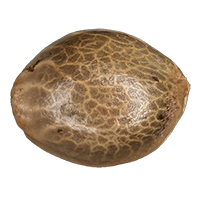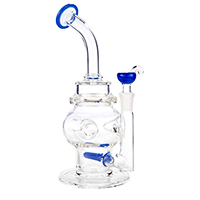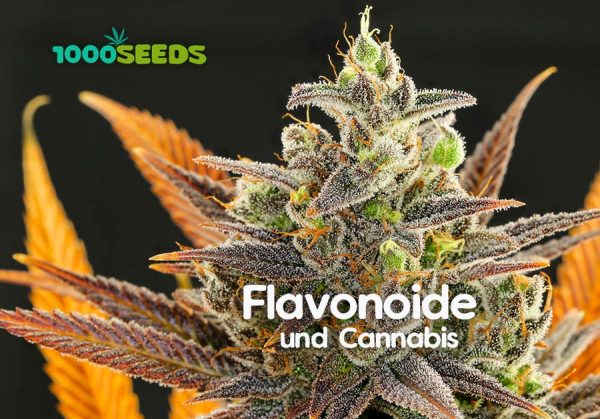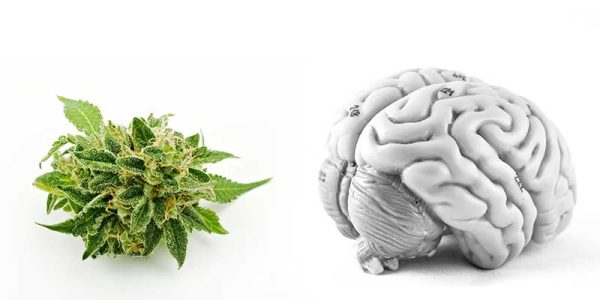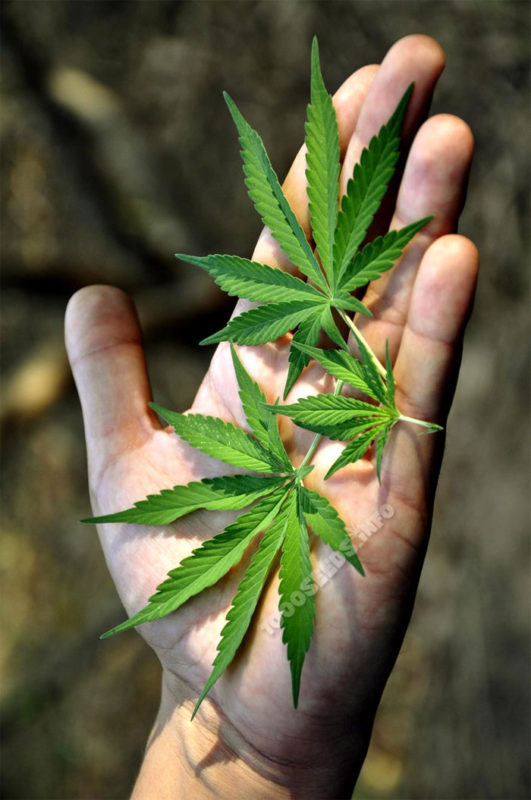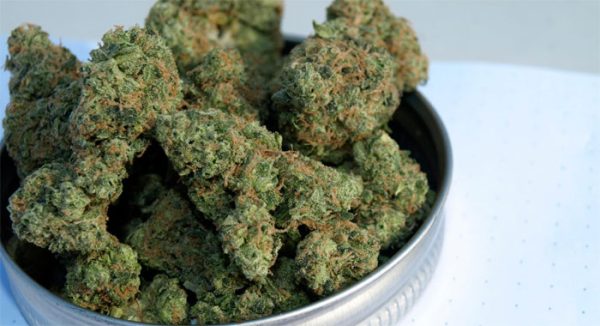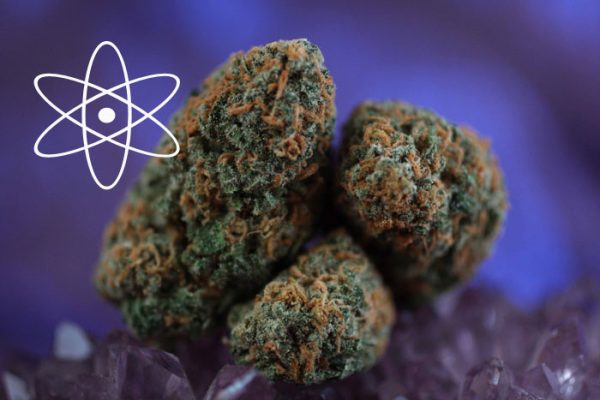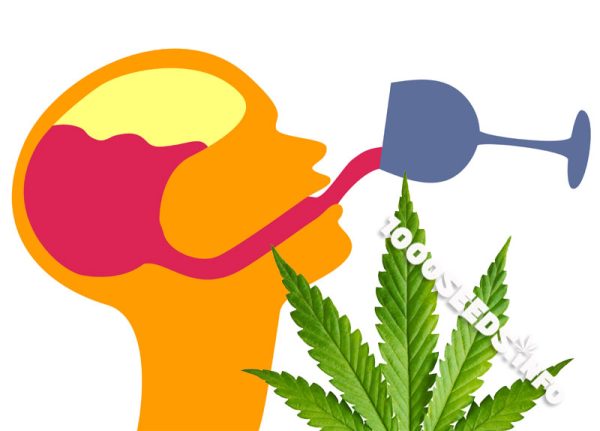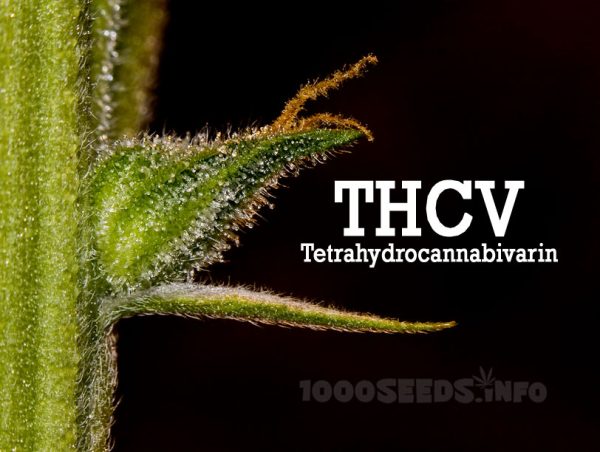Clinical endocannabinoid deficiency - background for migraine, fibromyalgia and irritable bowel syndrome?
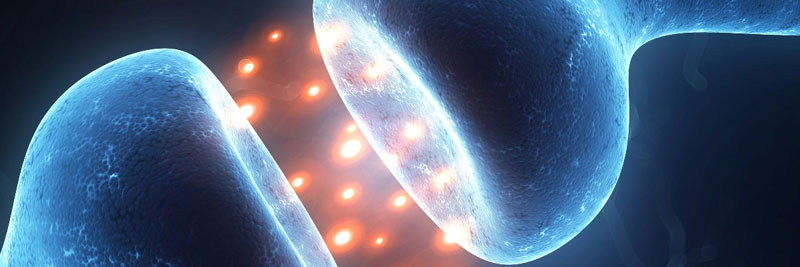
Clinical endocannabinoid deficiency (CECD) is now widely suspected to be the cause of a number of different diseases, such as migraine, fibromyalgia and irritable bowel syndrome. Until now, there has been little research on these diseases. Migraine as well as fibromyalgia and irritable bowel syndrome all three show common clinical, biochemical and pathophysiological patterns that suggest an underlying clinical endocannabinoid deficiency. This, according to Dr Ethan B. Russo, this can be adequately treated by the administration of cannabinoids.
Migraine and endocannabinoid deficiency
Migraines are thought to be caused by the endocannabinoid system. Thus, certain areas in the brain are involved in the development of migraine, which are also influenced by the activities of the endocannabinoid system. Furthermore, the endocannabinoid anandamide with its role in pain modulation and seratonin transmission has a positive influence on the disease. The biochemistry of migraine is very complex and not yet sufficiently understood. But it is known so far that high levels of serotonin are present during a migraine attack.
THC and its endogenous ligand anandamide have been shown to inhibit serotonin at higher doses, although low doses actually stimulate production, especially in platelets. The platelets have the highest serotonin reserves in the body, which are also present in the enteric nervous system as well as in the brain. The release of serotonin from the platelets is considered to be causative for the development of migraine. On this basis, migraine is seen as a blood disorder.
Fibromyalgia and endocannabinoid deficiency
 Fibromyalgia is often considered a neuropsychiatric disorder from a medical perspective. About 10% of all US patients are treated or self-medicate with cannabis. In many cases, it has been shown that sufferers react positively to the THC-mimic synthetic cannabinoid nabilone. In one study documenting the effects of nabilone, sufferers experienced significant improvements in symptoms when treated with the cannabinoid. Another study shows that sufferers' quality of life improved significantly when they self-treated with cannabis, both orally and smoked. Serotonin levels in platelets are known to be associated with fibromyalgia. It is thought that a deficiency of serotonin, more than an excess, is responsible for the impaired perception of pain (pain sensation). This is a contradiction because cannabis users with their low serotonin levels should actually suffer more from the symptoms, however, the opposite is the case. This contradictory relationship has not yet been clarified.
Fibromyalgia is often considered a neuropsychiatric disorder from a medical perspective. About 10% of all US patients are treated or self-medicate with cannabis. In many cases, it has been shown that sufferers react positively to the THC-mimic synthetic cannabinoid nabilone. In one study documenting the effects of nabilone, sufferers experienced significant improvements in symptoms when treated with the cannabinoid. Another study shows that sufferers' quality of life improved significantly when they self-treated with cannabis, both orally and smoked. Serotonin levels in platelets are known to be associated with fibromyalgia. It is thought that a deficiency of serotonin, more than an excess, is responsible for the impaired perception of pain (pain sensation). This is a contradiction because cannabis users with their low serotonin levels should actually suffer more from the symptoms, however, the opposite is the case. This contradictory relationship has not yet been clarified.
The high comorbidity (co-occurrence) between migraine and fibromyalgia is also surprising. One study showed that 63% of fibromyalgia sufferers also reported symptoms of migraine, while in another study 22.2% of primary migraine sufferers also suffered from fibromyalgia. This discrepancy can be partly explained by gender differences, as fibromyalgia affects 90% of women.
Irritable bowel and endocannabinoid deficiency
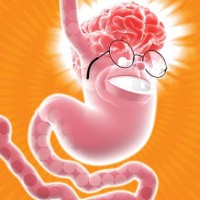
Irritable Bowel Syndrome is a relatively common gastrointestinal disorder that is thought to be linked to neuropsychiatric disorders. IBS is often associated with mental illnesses such as anxiety, depression and post-traumatic stress syndrome. Acute symptoms occur mainly during difficult times (crises). Serotonin also plays a decisive role in irritable bowel syndrome. It influences intestinal activity (peristalsis of the colon), sensitivity and secretion of fluids. It is interesting to note that people suffering from IBS with diarrhoea have an increased serotonin level, while patients suffering from constipation have a decreased serotonin level.
Activation of cannabinoid receptors in the enteric nervous system has been shown to reduce intestinal hypersensitivity, bowel activity and inflammation. Many patients suffering from irritable bowel syndrome use cannabis to combat the symptoms.
In summary
The overlapping symptom associations of the three disorders have led to the hypothesis that they are all expressions of the same somatic disorder. Many IBS sufferers also report symptoms of migraine. 70% of fibromyalgia sufferers also have symptoms of IBS. The idea or concept that dysfunction of the endocannabinoid system is responsible for the somatic disorders mentioned above has only emerged in recent years. In 2004, the disease CECD was named for the first time. Researchers believed that the high degree of comorbidity indicated a dysfunctional endocannabinoid system. Thus, many known diseases can be attributed to a malfunction of the specific neurotransmitter system. Alzheimer's is caused by a deficiency of the neurotransmitter acetylcholine and Parkinson's by age-related dopamine deficiency. Therefore, it is logical for researchers to assume that cannabinoid neurotransmitter deficiency may lead to certain disorders or a number of related diseases. The relationship between serotonin signalling system and CECD cannot be ignored after considering the findings so far.
Behavioural studies suggest that the effects of the endocannabinoid system are mediated through the regulation of the serotonin system: THC has been shown to inhibit serotonin release from platelets in migraine patients, as well as inhibit increasing synthesis of serotonin. Cannabidiol (CBD) has been shown to have similar effects.
As the existence of CECD is further explored, it will be possible to develop targeted therapies. For symptom relief, some cannabis strains with their specific cannabinoid profile and cannabinoid levels will be more effective than others.
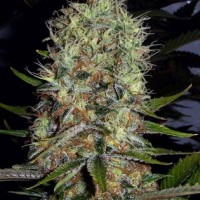 Medical Cherry Soda from Cannamed
Medical Cherry Soda from Cannamed
The effect of Medical Cherry Soda is very long lasting, inspiring and cerebrally (mentally) calming as well as balancing, while physically it is only slightly sedating. M.C.S. is particularly suitable for inner restlessness and stress and can be used very well during the day because it does not make you tired. Medicinal concentrates of this variety have a delightfully fruity taste and enormous potency. M.C.S. has a high average THC content of 21%, 5% CBD and a very high proportion of the terpene myrcene, which has additional muscle-relaxing effects and intensifies the effect of the THC.
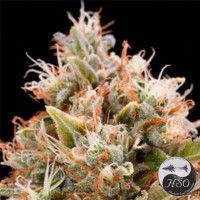 Chemdawg by Humboldt Seed Organisation
Chemdawg by Humboldt Seed Organisation
The aroma of Chemdawg is very intense and smells like pine trees and petrol. The taste is very chemical and yet earthy. The effect of Chemdawg is legendary and rightly so. With its 20% THC and over 4% CBD , it is a very popular medical cannabis strain in the USA, used for pain and clinical endocannbionide deficiency.
Senior Medical Advisor, GW Pharmaceutical, 2235 Wylie Avenue. – Clinical endocannabinoid deficiency (CECD): can this concept explain therapeutic benefits of cannabis in migraine, fibromyalgia, irritable bowel syndrome and other treatment-resistant conditions? – Wade DT, Robson P, House H, Makela P, Aram J. A preliminary con trolled study to determine whether whole-plant cannabis extracts can improve intractable neurogenic symptoms. Clinical Rehabilitation 2003; 17 :18–26. Whittle BA, Guy GW, Robson P. Cannabis and cannabinoids as medicines. 2003. Pharmaceutical Press, London
<<mehr zum Thema Cannabis als Medizin>>
Medical disclaimer
The information on this website is for general information purposes only and is not to be equated with medical or legal advice. We do not wish to encourage anyone to consume or use drugs illegally. Please consult your doctor/health care provider before using any products/methods referenced or linked to on this website.


